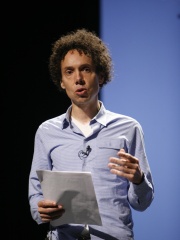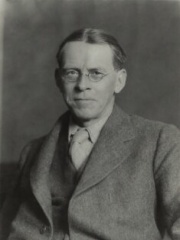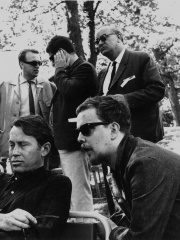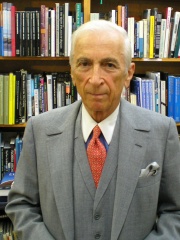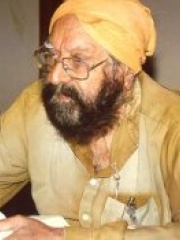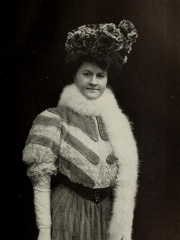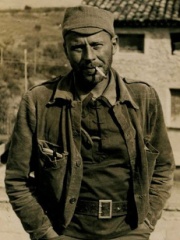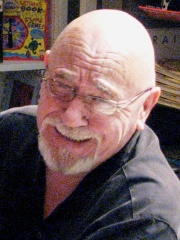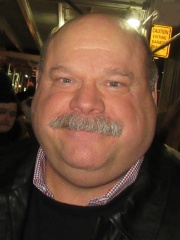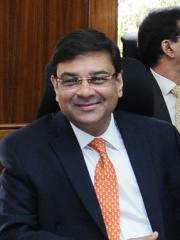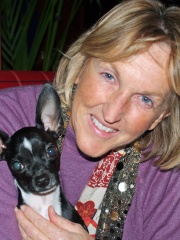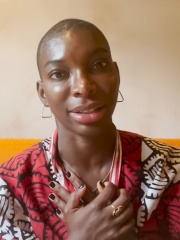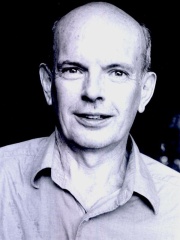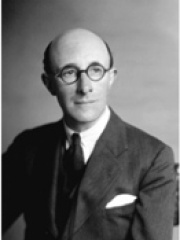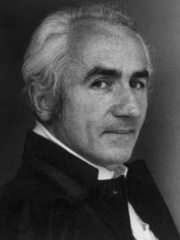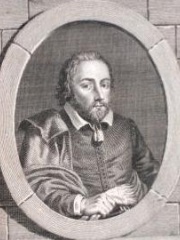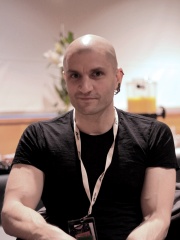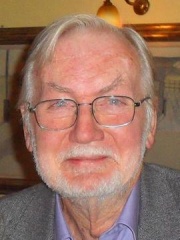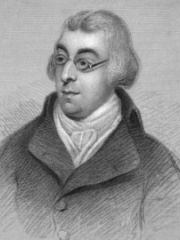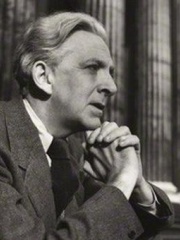WRITER
Malcolm Gladwell
1963 - Today
 Malcolm Gladwell
Malcolm Gladwell
Malcolm Timothy Gladwell (born 3 September 1963) is a Canadian journalist, author, and public speaker. He has been a staff writer for The New Yorker since 1996. He has published eight books. He is also the host of the podcast Revisionist History and co-founder of the podcast company Pushkin Industries. Read more on Wikipedia
His biography is available in 36 different languages on Wikipedia (up from 34 in 2024). Malcolm Gladwell is the 6,347th most popular writer (down from 6,057th in 2024), the 5,569th most popular biography from United Kingdom (down from 4,948th in 2019) and the 619th most popular British Writer.
Memorability Metrics
Page views of Malcolm Gladwell by language
Among WRITERS
Among writers, Malcolm Gladwell ranks 6,347 out of 7,302. Before him are Lascelles Abercrombie, Richard Wilbur, Leïla Slimani, Gay Talese, Khushwant Singh, and Alastair Reynolds. After him are Tsai Chih-chung, Ellen Glasgow, George Alec Effinger, Ananda Devi, Alvah Bessie, and Brian Jacques.
Most Popular Writers in Wikipedia
Go to all RankingsLascelles Abercrombie
1881 - 1938
HPI: 50.96
Rank: 6,341
Richard Wilbur
1921 - 2017
HPI: 50.96
Rank: 6,342
Leïla Slimani
1981 - Present
HPI: 50.95
Rank: 6,343
Gay Talese
1932 - Present
HPI: 50.94
Rank: 6,344
Khushwant Singh
1915 - 2014
HPI: 50.94
Rank: 6,345
Alastair Reynolds
1966 - Present
HPI: 50.93
Rank: 6,346
Malcolm Gladwell
1963 - Present
HPI: 50.93
Rank: 6,347
Tsai Chih-chung
1948 - Present
HPI: 50.92
Rank: 6,348
Ellen Glasgow
1873 - 1945
HPI: 50.90
Rank: 6,349
George Alec Effinger
1947 - 2002
HPI: 50.90
Rank: 6,350
Ananda Devi
1957 - Present
HPI: 50.90
Rank: 6,351
Alvah Bessie
1904 - 1985
HPI: 50.87
Rank: 6,352
Brian Jacques
1939 - 2011
HPI: 50.87
Rank: 6,353
Contemporaries
Among people born in 1963, Malcolm Gladwell ranks 539. Before him are Criss Oliva, Marcus Nispel, Kevin Chamberlin, Michael McFaul, Timothy Kopra, and Urjit Patel. After him are Lisa Nowak, Igor Paklin, Joanna Going, Mari Iijima, Govinda, and Ambika.
Others Born in 1963
Go to all RankingsCriss Oliva
MUSICIAN
1963 - 1993
HPI: 51.08
Rank: 533
Marcus Nispel
FILM DIRECTOR
1963 - Present
HPI: 51.03
Rank: 534
Kevin Chamberlin
ACTOR
1963 - Present
HPI: 51.01
Rank: 535
Michael McFaul
DIPLOMAT
1963 - Present
HPI: 50.97
Rank: 536
Timothy Kopra
ASTRONAUT
1963 - Present
HPI: 50.96
Rank: 537
Urjit Patel
ECONOMIST
1963 - Present
HPI: 50.93
Rank: 538
Malcolm Gladwell
WRITER
1963 - Present
HPI: 50.93
Rank: 539
Lisa Nowak
ASTRONAUT
1963 - Present
HPI: 50.87
Rank: 540
Igor Paklin
ATHLETE
1963 - Present
HPI: 50.85
Rank: 541
Joanna Going
ACTOR
1963 - Present
HPI: 50.81
Rank: 542
Mari Iijima
ACTOR
1963 - Present
HPI: 50.77
Rank: 543
Govinda
ACTOR
1963 - Present
HPI: 50.77
Rank: 544
Ambika
ACTOR
1963 - Present
HPI: 50.74
Rank: 545
In United Kingdom
Among people born in United Kingdom, Malcolm Gladwell ranks 5,571 out of 8,785. Before him are Lascelles Abercrombie (1881), Ingrid Newkirk (1949), Darren Fletcher (1984), Alastair Reynolds (1966), John Aldridge (1958), and Ted Burgin (1927). After him are Neville Southall (1958), Michaela Coel (1987), Tulisa (1988), Neil Sloane (1939), E. B. Ford (1901), and Stuart Baird (1947).
Others born in United Kingdom
Go to all RankingsLascelles Abercrombie
WRITER
1881 - 1938
HPI: 50.96
Rank: 5,565
Ingrid Newkirk
SOCIAL ACTIVIST
1949 - Present
HPI: 50.95
Rank: 5,566
Darren Fletcher
SOCCER PLAYER
1984 - Present
HPI: 50.94
Rank: 5,567
Alastair Reynolds
WRITER
1966 - Present
HPI: 50.93
Rank: 5,568
John Aldridge
SOCCER PLAYER
1958 - Present
HPI: 50.93
Rank: 5,569
Ted Burgin
SOCCER PLAYER
1927 - 2019
HPI: 50.93
Rank: 5,570
Malcolm Gladwell
WRITER
1963 - Present
HPI: 50.93
Rank: 5,571
Neville Southall
SOCCER PLAYER
1958 - Present
HPI: 50.93
Rank: 5,572
Michaela Coel
ACTOR
1987 - Present
HPI: 50.92
Rank: 5,573
Tulisa
ACTOR
1988 - Present
HPI: 50.92
Rank: 5,574
Neil Sloane
MATHEMATICIAN
1939 - Present
HPI: 50.92
Rank: 5,575
E. B. Ford
BIOLOGIST
1901 - 1988
HPI: 50.92
Rank: 5,576
Stuart Baird
FILM DIRECTOR
1947 - Present
HPI: 50.92
Rank: 5,577
Among WRITERS In United Kingdom
Among writers born in United Kingdom, Malcolm Gladwell ranks 619. Before him are Thomas Lodge (1558), J. G. Farrell (1935), Philip Massinger (1583), China Miéville (1972), Lascelles Abercrombie (1881), and Alastair Reynolds (1966). After him are Brian Jacques (1939), Barry Unsworth (1930), Isaac D'Israeli (1766), Angus Wilson (1913), Zadie Smith (1975), and Alan Garner (1934).
Thomas Lodge
1558 - 1625
HPI: 51.02
Rank: 613
J. G. Farrell
1935 - 1979
HPI: 51.00
Rank: 614
Philip Massinger
1583 - 1640
HPI: 50.99
Rank: 615
China Miéville
1972 - Present
HPI: 50.96
Rank: 616
Lascelles Abercrombie
1881 - 1938
HPI: 50.96
Rank: 617
Alastair Reynolds
1966 - Present
HPI: 50.93
Rank: 618
Malcolm Gladwell
1963 - Present
HPI: 50.93
Rank: 619
Brian Jacques
1939 - 2011
HPI: 50.87
Rank: 620
Barry Unsworth
1930 - 2012
HPI: 50.87
Rank: 621
Isaac D'Israeli
1766 - 1848
HPI: 50.82
Rank: 622
Angus Wilson
1913 - 1991
HPI: 50.81
Rank: 623
Zadie Smith
1975 - Present
HPI: 50.80
Rank: 624
Alan Garner
1934 - Present
HPI: 50.79
Rank: 625
